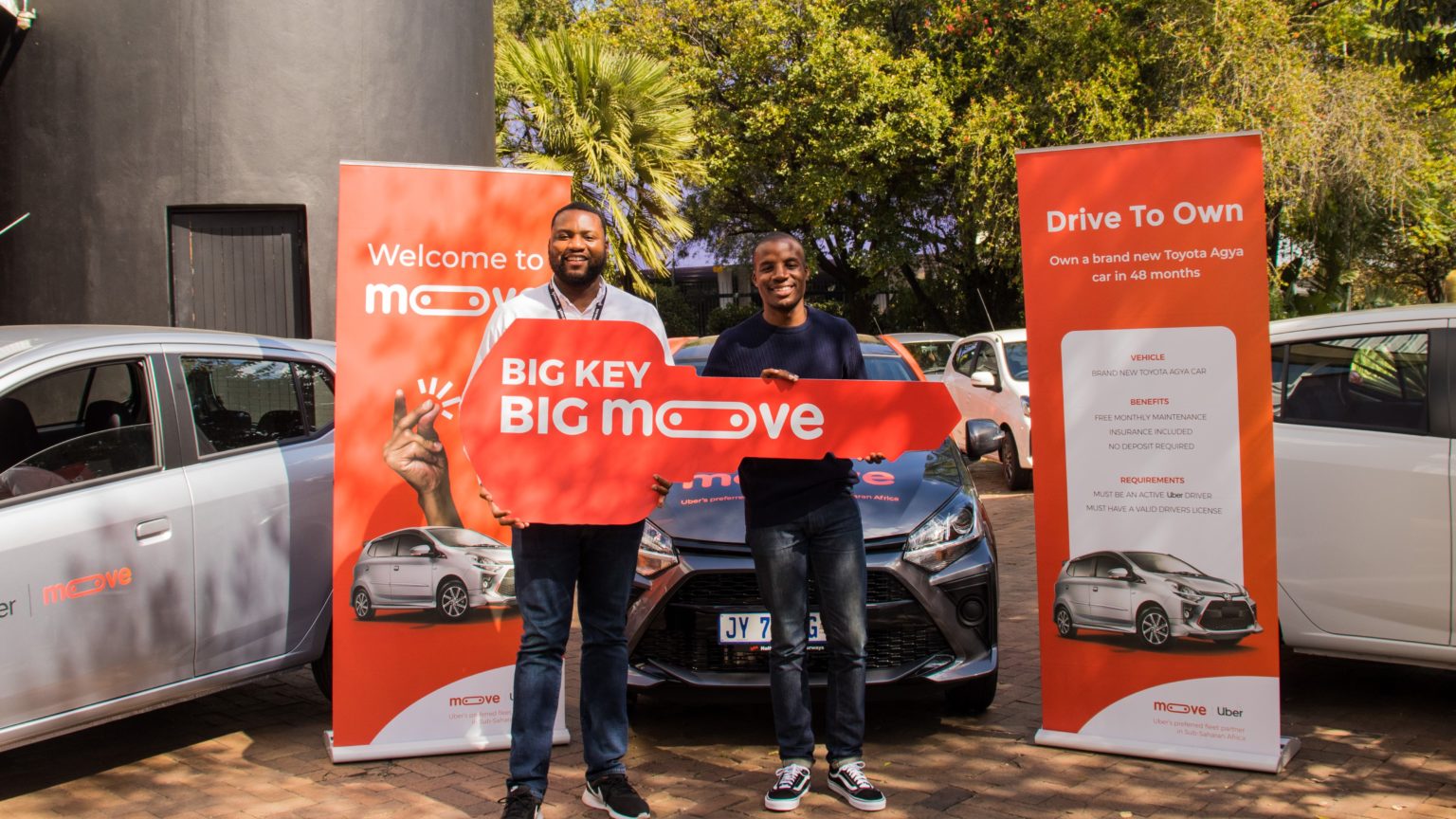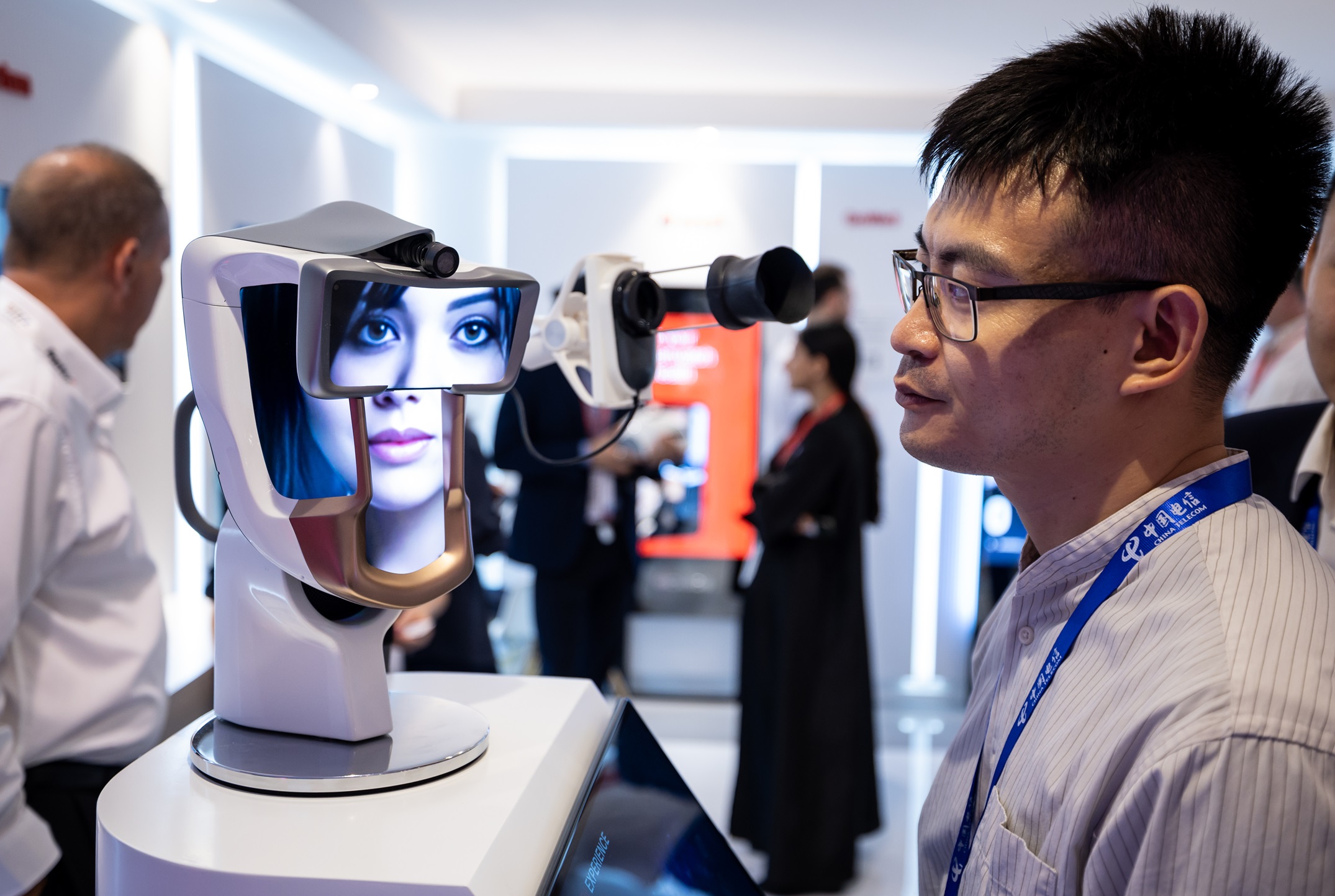

Good morning!
There is good news for Nigerians as electricity is slowly being restored to many parts of the country. Just as power is making a comeback to several cities, there might soon be a return of lush VC funding on the continent.
The funding raised by startups this year has already surpassed the total funds raised in each of 2019 and 2020. Also, startup funding figures for the third quarter of 2024 are on par with the third quarter of 2023 and above the totals for the past three quarters.
While it’s too early to say for certain, investors are hopeful for a return to increased dealmaking on the continent.

Startups
Moove’s sUber move to Mexico

One month after entering the U.S. market, Moove, an Uber-backed mobility startup that provides vehicle financing for gig drivers, has expanded into Mexico.
While the startup announced on LinkedIn yesterday that it delivered the first set of vehicles to drivers in Mexico, the move has been in the works for a while. Four months ago, the company listed a job on LinkedIn for an Onboarding Manager in Mexico who would be responsible for selling its car financing options to drivers.
Moove uses a drive-to-own model where it collects a fraction of drivers’ earnings until they pay off their car debt, which makes credit scoring systems important.
Mexico has two credit scoring systems—the Buró and the FICO model—that track consumer and business credit information respectively.
Due to urbanisation, there’s been growing demand for ride-hailing services in Mexico despite the market’s slow growth. Drivers are also going electric as electric vehicles (EVs) sales upticked to 35,420 units this year—with US-based giant car-maker Tesla responsible for more than one-third of those sales.
Yet, gig drivers struggle to pay the initial cost of owning EVs. With its drive-to-own business model and Mexico’s strong credit scoring system, Moove will likely provide 100% EVs to drivers, as it did in the UK where it allows drivers to own Tesla and Kia Niro sedans.
Adding to the ten countries it now serves—Nigeria, South Africa, Uganda, Kenya, Egypt, Ghana, India, UK, US, and UAE—Moove will count Mexico as part of its bigger move to build a globally-scalable business and become a profitable company by 2025.
Read Moniepoint’s Case Study on Funding Women

After losing their mother, Azeezat and her siblings struggled to keep Olaiya Foods afloat. Now, with Moniepoint, they’re transforming Nigeria’s local buka scene. Click here for a deep dive into how Moniepoint is helping her and other women entrepreneurs overcome their funding challenges.
Events
GITEX day two: There is a lot of education to go round

Hey there, Habibi!
I spent the entire day at the Dubai Harbour, one of the two venues for the well-attended GITEX conference. Over four hours, I listened to venture capitalists, founders, and policymakers from across the globe.
Savannah Maziya, Eswatini’s Minister of Information, Communication & Technology outlined her country’s ambitious plan to ensure that its 1.2 million citizens get a slice of the $2.9 trillion economy artificial intelligence (AI) technology promises Africa. The government is actively seeking international partnerships, such as the MoU with the United Arab Emirates to accelerate digital transformation in the country. In addition to its human capital, Eswatini offers resources to businesses—incubators for startups leveraging AI technology, biotechnology, space technology, agritech, and more, It is also offering energy resources, and data sovereignty, to bigger enterprises that plant their roots in the country. “policies that offer predictability to investors.”
The panel that followed was less aspirational and more introspective. The speakers discussed why, despite the continent’s larger population, the venture capital scene was performing less than other ecosystems. They considered the “Japa syndrome,” which refers to highly-skilled employees and founders leaving for more developed countries. The speakers tossed around solutions to the problem and unanimously settled on one thing: that people who outgrow their countries will always move to where the grass is greener unless the country matches their pace in development.
The speakers also discussed the funding drought, arguing that it was a wake-up call for both entrepreneurs and investors. For startups, some speakers suggested that founders, after some soul-searching, may realise that they are building SMEs, not startups—and do not need VC funding at all. These businesses could explore other forms of financing like revenue-based financing, inventory financing, or manufacturing financing, and grow to become regular profitable businesses.
Speaking about educating investors, another panel called for an action that was also threaded through some conversations: High-net-worth individuals (HNIs) need to be educated about how venture capital works. While the idea of getting a 10x return on their investment is appealing, the reality is that it hinges on the success of two out of 10 startups, which is an unnecessary and unreasonable risk.
“If we want to see them in VC funds, which are currently populated by DFIs and foreign corporates, there needs to be more education to win over HNIs.”
And as one speaker said, “It’s just a matter of time. The VC-funded African tech ecosystem is about eight years old, and that’s not even up to the lifetime of a fund,” urging us to remain optimistic and patient.
Issue USD and Euro accounts with Fincra

Whether you run an online marketplace, a remittance fintech, a payroll, a freelance platform or a cross-border payment app, Fincra’s multicurrency account API allows you to instantly create accounts in USD and EUR for customers without the stress of setting up a local account. Get started today.
Features
Mr Tijani goes to Abuja

What happens when you make a tech ecosystem leader a minister of communications, innovation and digital economy? You expect a difference in the person. Yet, Nigeria’s Minister of Communications, Innovation and Digital Economy, Dr. Bosun Tijani, believes he is the same person after one year in Nigeria’s seat of political power.
When we visited Tijani at his startup-looking office in Abuja in September, he said he wanted to change public perception of how technocrats perform in government. Historically, accomplished professionals who find themselves in political positions have not always been able to translate their experience into results.
Yet the minister argues that Abuja is “a reflection of our society.” For him, real power isn’t centralised in the nation’s capital but with the biggest players in each ministry. He, however, conceded one thing: building in government is much different compared to a startup environment: dealing with numerous ministries, departments, and agencies (MDAs) and navigating Abuja’s intricate political landscape.
“Tijani’s tenure so far is marked by a blend of confidence and frustration. He knows his domain well and doesn’t need civil service managers to guide his work, but like many government officials, he feels his efforts are often underappreciated,” writes Afolabi Adekaiyaoja in our fourth article in the series examining his first year in office.
One thing is clear: Tijani’s success will depend on Nigeria’s success under a relatively unpopular government. You can read more here.
Introducing Pay with Pocket on Paystack Checkout

Paystack merchants in Nigeria can now accept payments from PocketApp’s 2 million+ customers. Learn more →
CRYPTO TRACKER
The World Wide Web3
Source:

|
Coin Name |
Current Value |
Day |
Month |
|---|---|---|---|
| $67,022.67 |
+ 2.52% |
+ 14.50% |
|
| $2,613.85 |
+ 0.34% |
+ 14.17% |
|
|
$0.08077 |
+ 0.02% |
+ 46.68% |
|
| $154.05 |
– 0.82% |
+ 17.85% |
* Data as of 06:15 AM WAT, October 16, 2024.
Opportunities
- Here’s a major chance for early-stage startups to shine! Nearly 200 startups, including those from Nigeria, are vying for top honors in the world’s largest pitch competition, Supernova Challenge 2.0. With a $200,000 prize pool and a top prize of $100,000, it’s a great opportunity for innovative ideas to gain recognition. Startups will be judged on their market opportunity, business model, and traction. Don’t miss this opportunity to pitch your idea to global investors and win equity-free funding. Apply now and take your startup to the next level!
- The Growth4Her Accelerator is open for women that want to take their businesses to the next level. Get expert mentoring, networking, and access to alternative financing options for your SMB. Apply for Cohort 4.
Issue virtual USD cards for you and your customers

Do you want to issue virtual USD cards for your customers and business expenses? Use Kora’s APIs to issue cards, customise your card program, and set your customers’ funding limit to your risk level. Get started here.

Written by: Emmanuel Nwosu, Ngozi Chukwu, and Ganiu Oloruntade
Edited by: Olumuyiwa Olowogboyega
Want more of TechCabal?
Sign up for our insightful newsletters on the business and economy of tech in Africa.
- The Next Wave: futuristic analysis of the business of tech in Africa.
- Entering Tech: tech career insights and opportunities in your inbox every Wednesday at 10 AM WAT.
- TC Scoops: breaking news from TechCabal
P:S If you’re often missing TC Daily in your inbox, check your Promotions folder and move any edition of TC Daily from “Promotions” to your “Main” or “Primary” folder and TC Daily will always come to you.

from TechCabal https://ift.tt/jPkLrqz
via IFTTT




Write your views on this post and share it. ConversionConversion EmoticonEmoticon